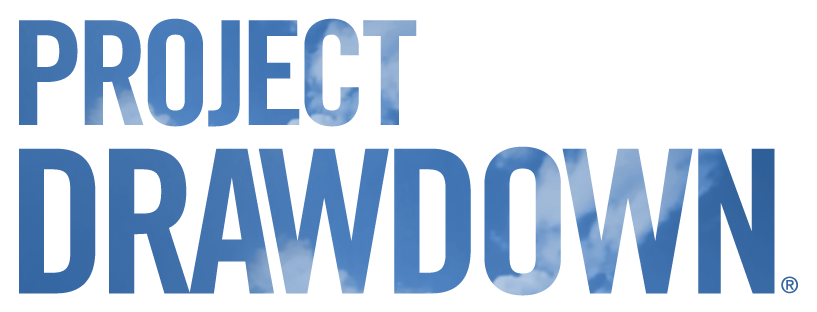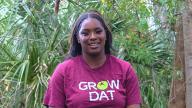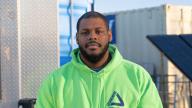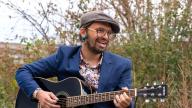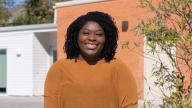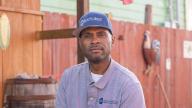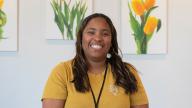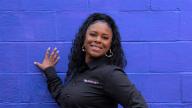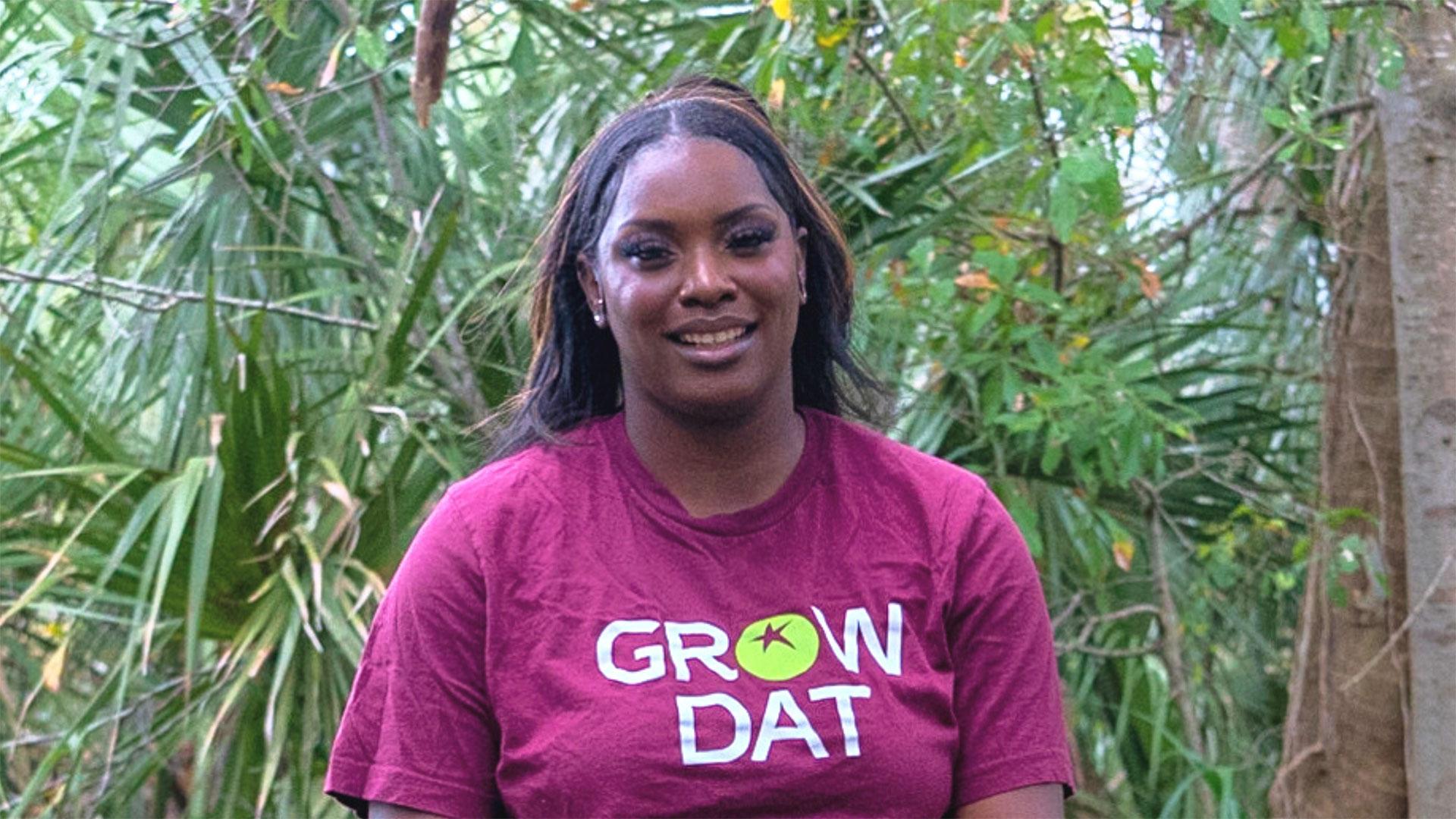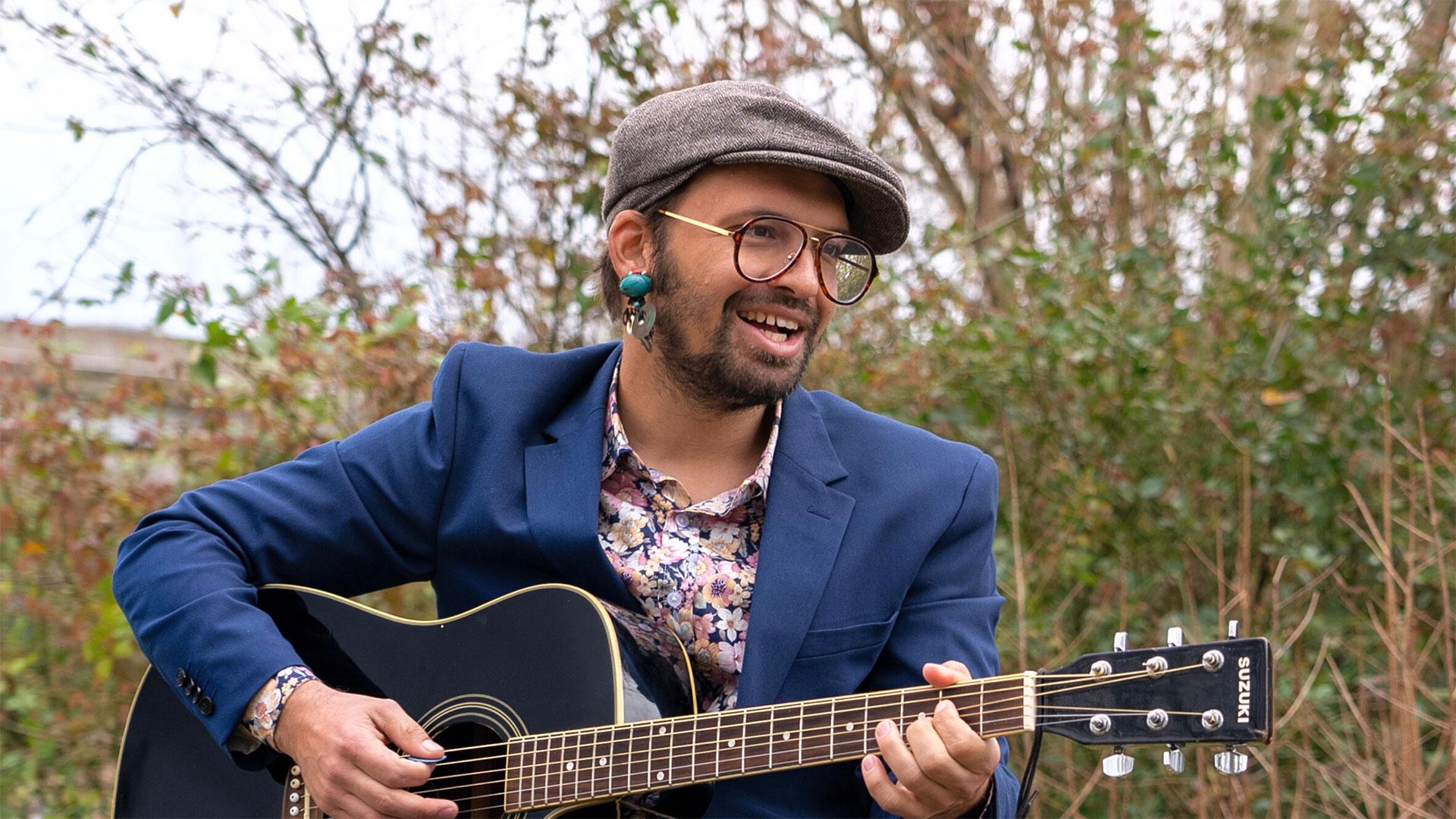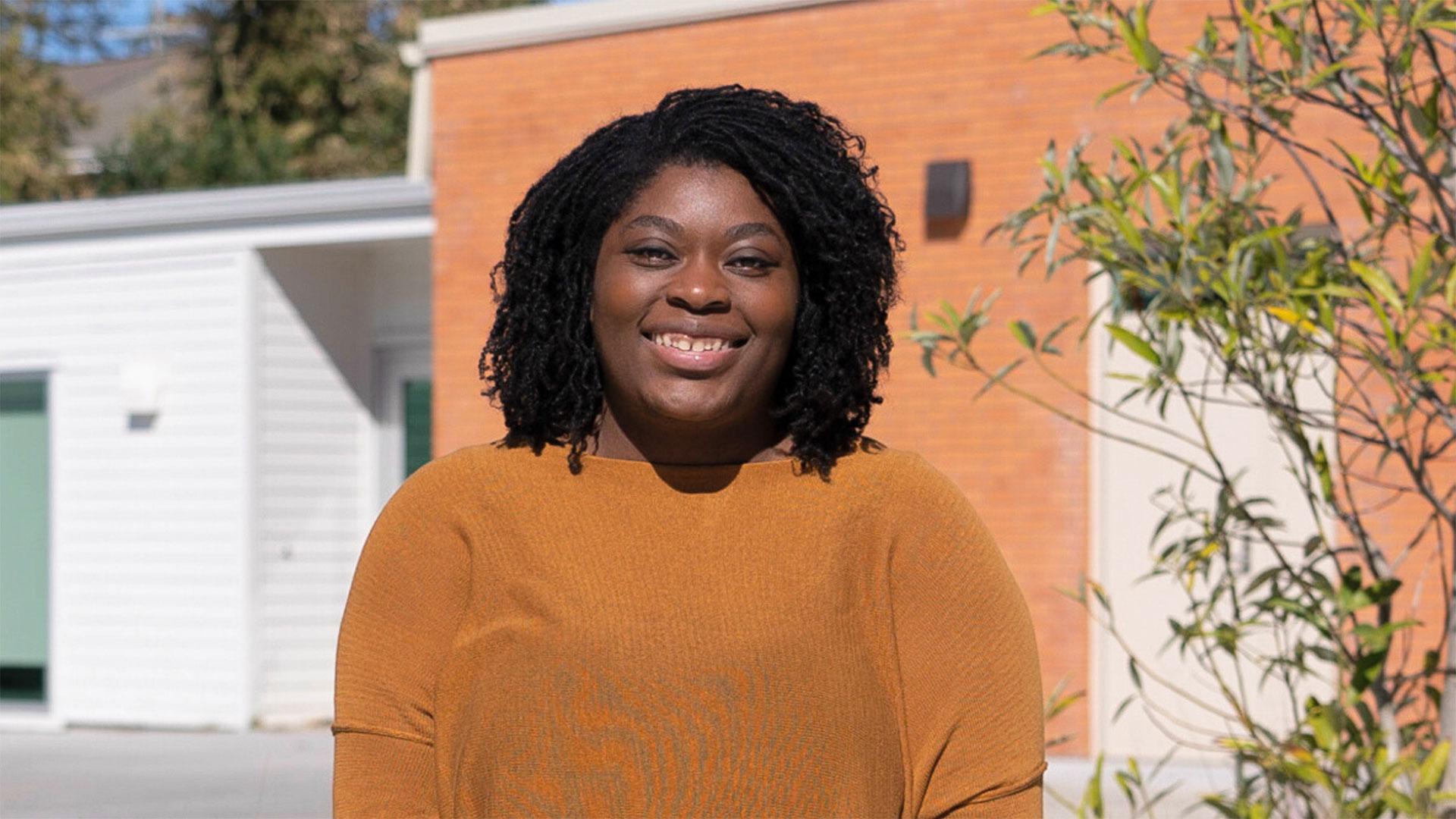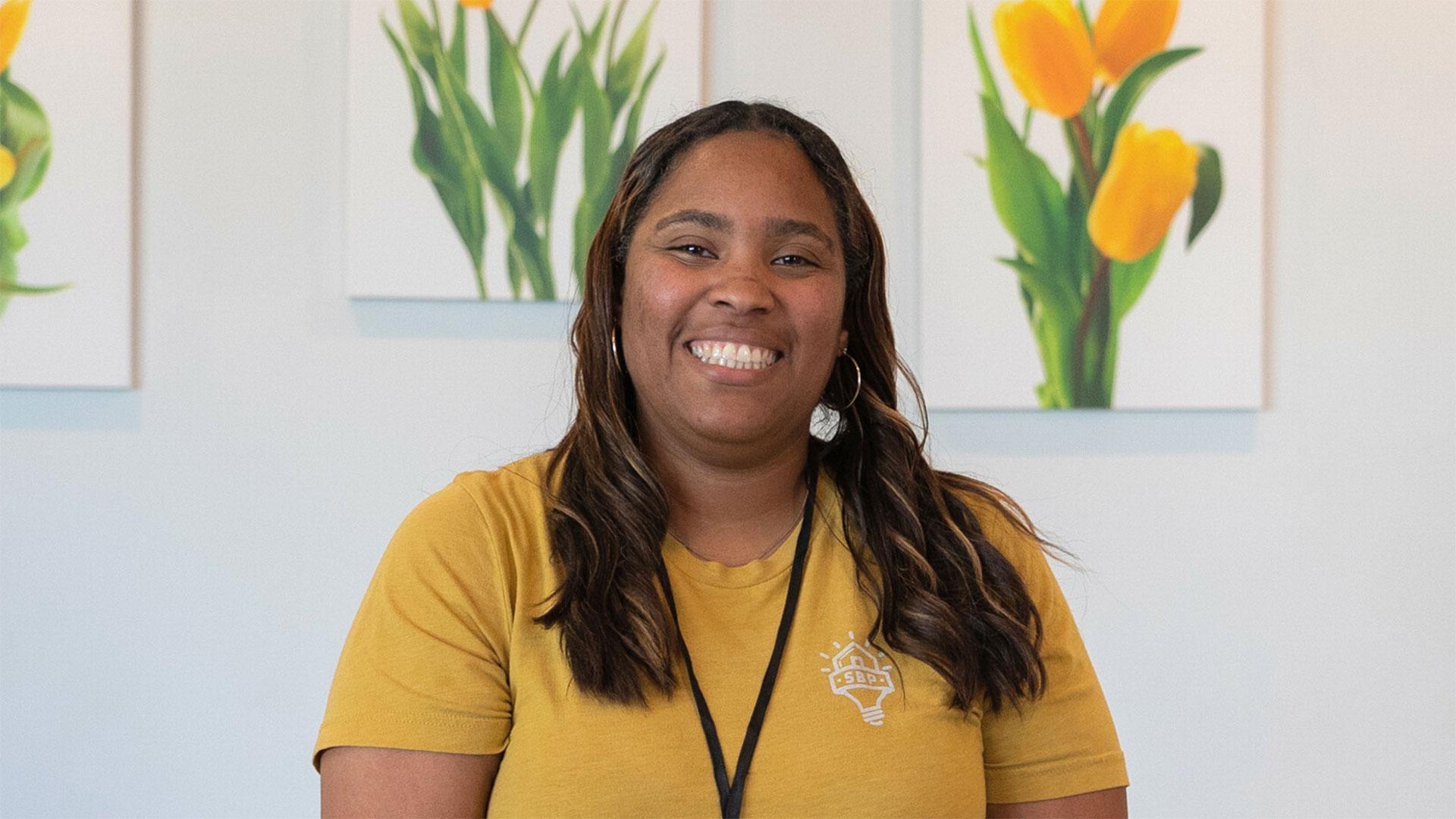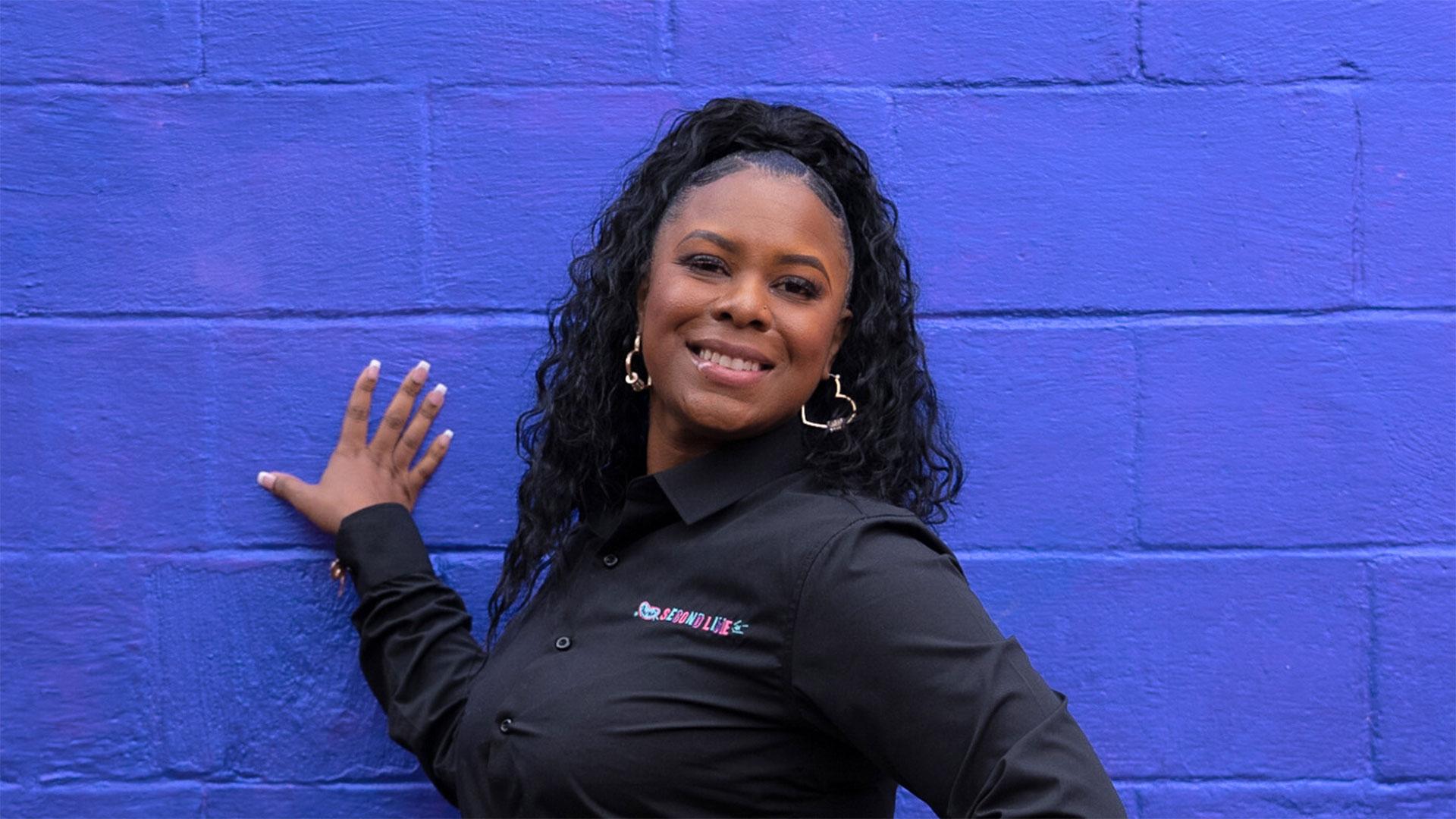Shelley Stiaes: Learning to Live with Water & Wetlands
In this Episode
Shelley Stiaes’s Story
Shelley Stiaes—a wildlife refuge manager with the U.S. Fish and Wildlife Service—uses her work at one of Louisiana"s largest wildlife refuges to demonstrate her superpower: bringing people together. The Bayou Sauvage Urban National Wildlife Refuge at New Orleans} city limits is abundant with birds, fish, crabs, and even American alligators. There she engages visitors in education, providing exposure to wild places near the urban city and facilitating restoration work crucial to helping drawdown emissions. Shelley describes herself as a “city girl” who grew up in New Orleans exploring the marshes, bayous, and wetland areas of southeastern Louisiana with her family. These experiences fostered a deep love and appreciation for the unique topography of the land and abundant wildlife. She understands that when people feel an intimate relationship and love for nature, they will work to protect it.
Discussion Questions
One of the most important things you can do regarding climate change is talk about it.
- Shelley describes herself as a “city girl” but embraces nature because, growing up, she was taught to understand its importance. Recalling memories of her dad taking her to nearby wetland areas and exploring in a boat, they would watch fish, collect clams, and observe birds feeding. As a child, Shelly thought of it as simply playing, but she now recognizes how deep learning and play went hand in hand. Can you recall a specific memory of exploring or playing in nature? In hindsight, were there lessons you learned in your exploration? Is there a special connection you have for this place, and are you motivated to protect it because of your experiences?
- According to Shelley, some people feel less comfortable in nature because they might have lacked access or opportunities to explore it. For “some folks just to come out here and walk is enough, because that's the baby step, it’s stepping stones to the introduction of nature.” What is your level of comfort in nature? How might you challenge yourself this season to practice being comfortable in it? Look up your nearest National Wildlife Refuge and consider planning a visit.
- Shelley says she has always loved science. However, she did not imagine a career in wildlife refuge management, and her path to this work was winding. “This was not what I wanted to do, but I didn’t know that I already had it within me to do it. And that came from growing up in Southeast Louisiana… I was taught to appreciate [nature] as a child.” In advising her younger self, Shelley says, “Follow your gut, follow what you love. Do what you love because you are going to end up doing it anyway.” If you took Shelley’s advice to her younger self to “do what you love,” what kind of career might that lead to? How might this career relate to climate change, and what opportunities exist for related solutions that help reach drawdown?
- It can be challenging to understand how different parts of our lives relate to climate change. Your home, your health, your insurance, your environment—everything is connected. “The storm surge from Hurricane Katrina broke the levy by intercoastal waterway. All that water came this way, but the refuge took it on, and the residents right by the refuge in the neighborhoods—they did not flood because we did; we took that on, and we did our job. That’s what these marshes are, like sponges, and they absorb all that water.” What is an example of a climate solution that benefits your neighborhood or larger community by addressing multiple interconnections or issues simultaneously?
Learn More
Learn about the solutions in this story.
- Solution Sector: Land Sinks
- Solution: Coastal Wetland Restoration
- For more on all of Project Drawdown’s climate solutions, visit drawdown.org/solutions
- Learn more about Shelley’s work: U.S. Fish and Wildlife Service
Explore Climate Solutions 101, the world's first major educational effort focused solely on climate solutions. This video series combines Project Drawdown’s trusted resources with the expertise of inspiring, scientifically knowledgeable voices from around the world: drawdown.org/climate-solutions-101.
Visit the Yale Program on Climate Change Communication, a resource that shares research, communications strategy and opinion polling on climate communications.
Take Action
- Drawdown Ecochallenge, presented by Ecochallenge.org, is a fun and social way to take measurable action on the top climate solutions. Take the challenge, and see how a few weeks of action add up to a lifetime of change for you and the planet. If you want to take action on climate solutions like Shelley, start a challenge today.
- The Drawdown Labs Job Function Action Guides are practical resources that highlight specific, high-impact climate actions employees in common corporate professions can take at work.
- ChangeX connects people with proven ideas for strengthening communities with the resources needed to implement those changes. Explore countless ways to improve your community and help the world reach drawdown.
- Climate Generation’s Green Careers for a Changing Climate Instructional Supplement (for Grades 6–8) contains resources to help young people learn about Green STEM Careers—paths that use STEM skills to help reduce the impacts of climate change. Throughout this instructional supplement, students use Project Drawdown resources to make important connections between climate solutions and different careers.
- Solutions Journalism Network highlights the importance of reporting stories of climate solutions in the media to create a more equitable and sustainable world. Visit their Teaching Climate Solutions resource to find curated collections and the latest examples of climate solutions journalism.
- SubjectToClimate (StC) is a nonprofit online connector for K–12 leaders of all subjects to find materials on climate change at no cost. Explore StC’s educator-generated database to connect to Project Drawdown-based climate education resources.
Sign up to receive updates, provide ideas, and tell us how you might share Drawdown’s Neighborhood in your community.
